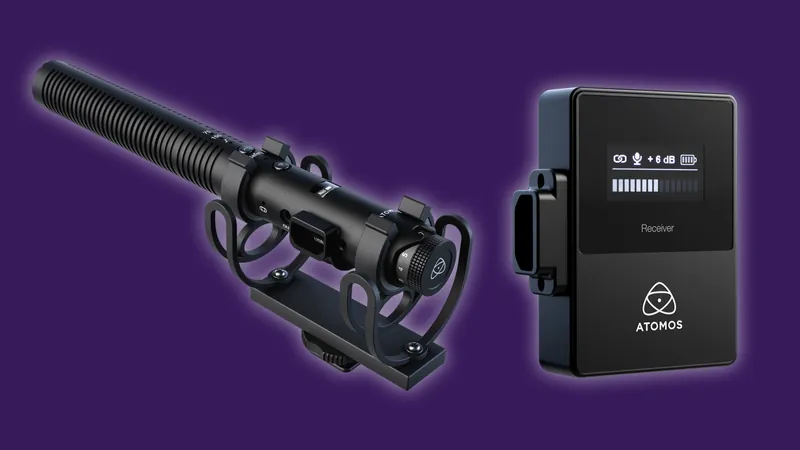
Could Curiosity's Methane Discoveries Signal Life on Mars or Are They Just Tech Trouble?
2025-05-12
Author: Siti
Unraveling the Martian Mystery: Methane Origins at Stake
In a groundbreaking twist to the quest for life on Mars, the Curiosity rover has made repeated detections of methane over the last decade—a gas often linked to microbial life. The big question is: could this be evidence of life on the Red Planet, or is there a more mundane explanation?
Research conducted by Viscardy and colleagues has sparked debate, suggesting that the methane readings might not originate from the Martian atmosphere at all. Instead, they propose that the gas detected could be coming from within the Curiosity rover itself, raising new questions about its accuracy.
Data Red Flags: The Spectrometer's Mixed Signals
Data from Curiosity indicates discrepancies that warrant investigation. Each methane measurement reported is an average of three individual samples, and while these averages suggest methane presence, the individual readings show substantial variation, throwing doubt on their reliability.
Moreover, issues with the spectrometer's gas pressure have come to light. The device consists of two separate compartments—one containing the laser source and the other holding Martian air samples—meant to remain airtight. However, inconsistent pressure readings raise suspicions about the integrity of these compartments, potentially compromising the analysis of Martian air.
Contamination Woes: Earthly Methane in Martian Samples?
Adding to the intrigue, it’s noted that methane levels in the spectrometer's foreoptics chamber have been found to be over 1,000 times higher than those in the chamber analyzing Martian samples. This phenomenon is partly attributed to contamination from Earth, specifically a leak of Florida air before the rover's launch. Even minor leaks could lead Curiosity to give misleading methane readings, suggesting that errors in detection may be more prevalent than previously thought.
A Bold Experiment to Solve the Mystery
To settle this controversy, researchers have proposed an innovative experiment. By measuring Martian air samples over two consecutive nights, they hope to determine whether methane concentrations are increasing—indicative of a leak from within the rover itself. A significant rise in methane levels from one night to the next could convincingly debunk any claims that the gas is of Martian origin.
As the scientific community eagerly awaits further results, this experiment could reshape our understanding of methane on Mars—and perhaps even the potential for life beyond Earth.




 Brasil (PT)
Brasil (PT)
 Canada (EN)
Canada (EN)
 Chile (ES)
Chile (ES)
 Česko (CS)
Česko (CS)
 대한민국 (KO)
대한민국 (KO)
 España (ES)
España (ES)
 France (FR)
France (FR)
 Hong Kong (EN)
Hong Kong (EN)
 Italia (IT)
Italia (IT)
 日本 (JA)
日本 (JA)
 Magyarország (HU)
Magyarország (HU)
 Norge (NO)
Norge (NO)
 Polska (PL)
Polska (PL)
 Schweiz (DE)
Schweiz (DE)
 Singapore (EN)
Singapore (EN)
 Sverige (SV)
Sverige (SV)
 Suomi (FI)
Suomi (FI)
 Türkiye (TR)
Türkiye (TR)
 الإمارات العربية المتحدة (AR)
الإمارات العربية المتحدة (AR)